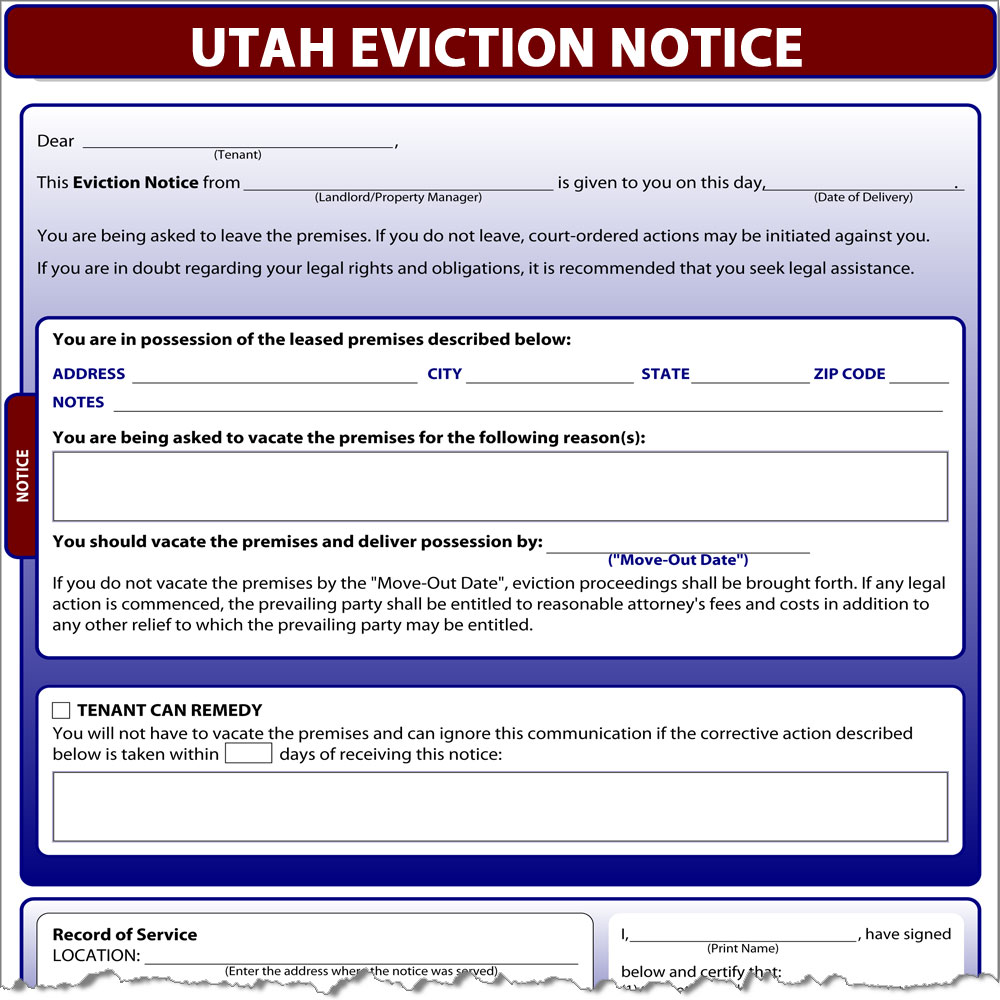Eviction is just a legal process that landlords or property owners often use when tenants breach the terms of these lease agreement. Being evicted from your home is an unfortunate and daunting experience, and understanding the eviction process in Utah is very important if you should be a tenant or a landlord. In this blog post, we will guide you on the steps involved in utah evictions.

Grounds for eviction: In Utah, landlords can pursue eviction for many reasons, including nonpayment of rent, violation of the lease agreement, or illegal activity carried from the property. Before a landlord can initiate the eviction process, they have to provide written notice and give tenants a specified period to deal with the issue.
Filing for eviction: If the tenant fails to correct or address the matter within the specified notice period, the landlord will then declare eviction, also called an unlawful detainer. This process involves filing legal paperwork with the local court and serving the tenant with a notice of eviction.
Court process: When the landlord files for eviction, the tenant receives a summons to look in court. Tenants have a right to appear in court and present their case before a judge. If the judge rules in support of the landlord, they issue an eviction order, giving the tenant a specific period to vacate the property.
Tenant's options: Once an eviction order is issued, tenants have several options. They can file an appeal, request a stay of the eviction, or negotiate a settlement with the landlord. Tenants also can elect to vacate the property willingly prior to the deadline provided.
Sheriff's role: If the tenant doesn't vacate the property within the specified deadline, the landlord can request the assistance of the Sheriff to get rid of the tenant forcefully. The Sheriff will serve a notice of eviction and carry out the eviction process if the tenant doesn't comply.

Conclusion:
In summary, eviction in Utah is a legal process that landlords can use when tenants breach the lease agreement. It's essential for tenants and landlords to comprehend the eviction process and their rights and responsibilities to navigate the method effectively. If you're facing eviction, it's recommended to seek legal advice to understand the problem and your options. As a landlord, it's crucial to follow the legal process and provide tenants with a reasonable and reasonable notice period before filing for eviction.
